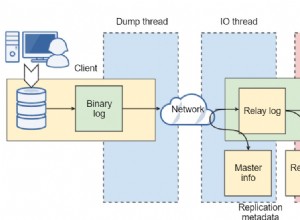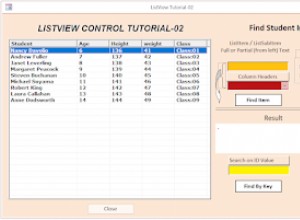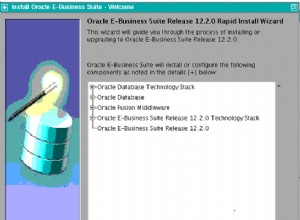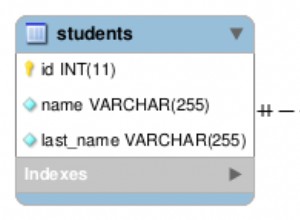1. Jeśli potrzebujesz tylko sql w postgresie, oto on:
select * from events
order by (case state
when 'scheduled' then 1
when 'notified' then 2
when 'invited' then 3
when 'started' then 4
when 'ended' then 5
end)
możesz zmienić kolejność stanów w sql, nie musisz zmieniać kodu ruby, graj na skrzypcach sql:https://sqlfiddle.com/#!12/976e9/3 .
2. Zgodnie z sugestią mu możesz użyć typu enum, jest to bardziej wydajne, jeśli musisz zmienić kolejność, możesz odtworzyć wyliczenie. zobacz te skrzypce sql:https://sqlfiddle.com/#!12/f6f3d/2
CREATE TYPE states AS ENUM ('invited', 'scheduled', 'notified', 'started', 'ended');
create table events(
name varchar(100),
state states
);
select * from events order by state;
3. W czysty sposób rubinowy możesz zdefiniować hash:
test_hash = {'scheduled'=>1, 'notified'=>2, 'invited'=>3, 'started'=>4, 'ended'=>5}
Events.all.sort! {|x, y| test_hash[x.state] <=> test_hash[y.state]}
4.Ale moim zdaniem należy dodać tabelę o nazwie "states", z kolumnami "name" i "sequence" oraz określić kolejność w "sequence". Dołącz więc do "wydarzeń" i "stanów". Kiedy zmieniasz kolejność, nie musisz zmieniać kodu.




